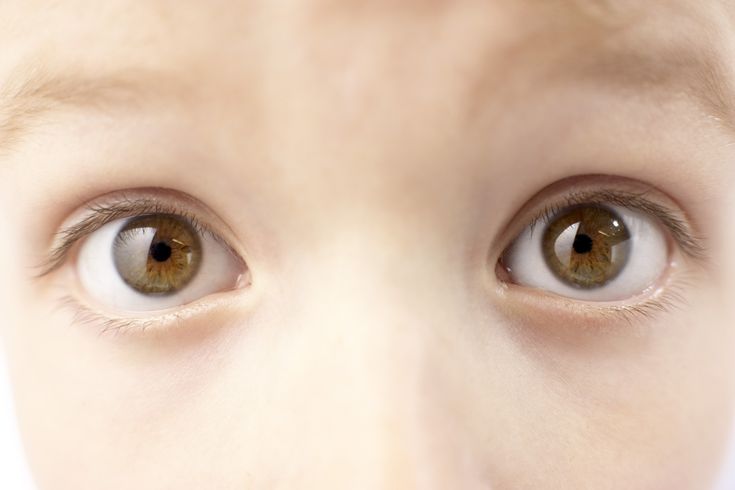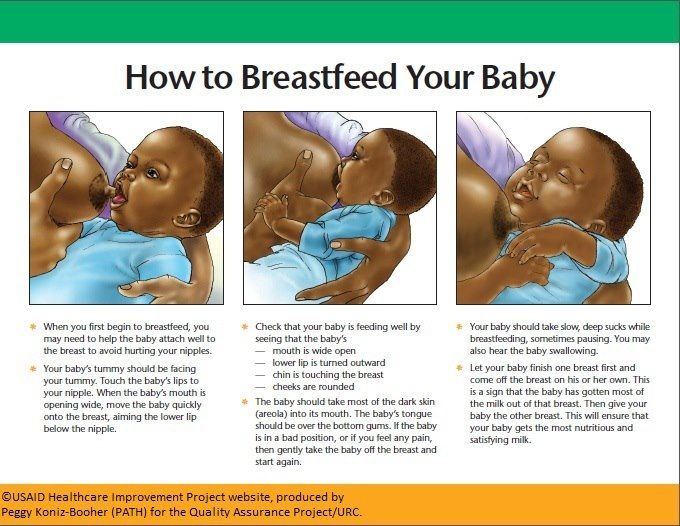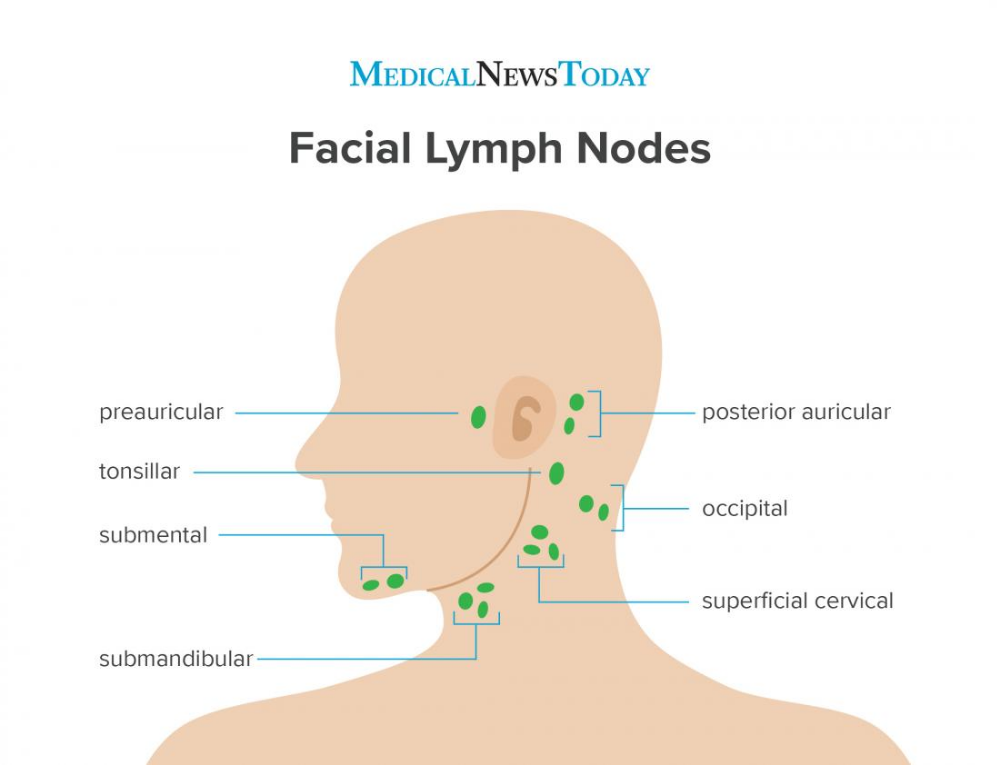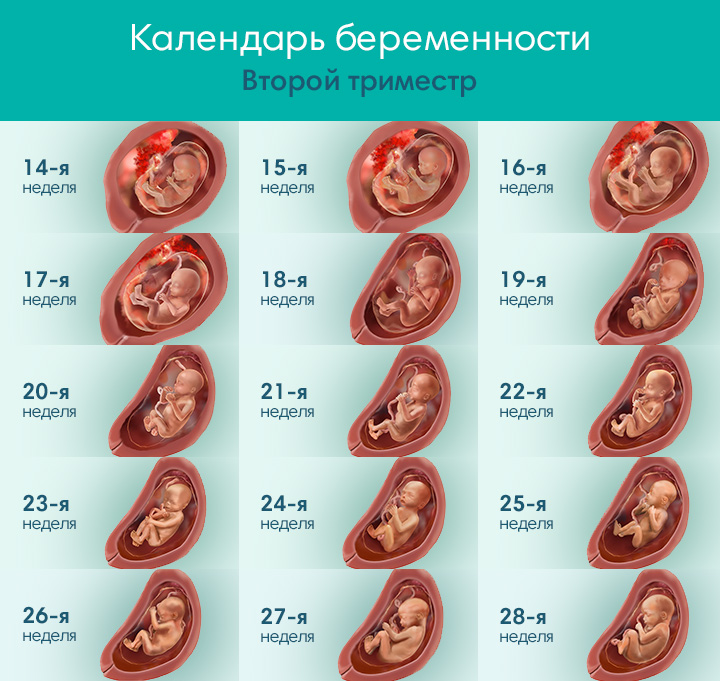How does having an alcoholic mother affect a child
Effects of an Alcoholic Mother on Children: Dangers & Risks
A mother’s alcohol misuse can pose risks of harming herself—including the effect of alcohol on the body, alcohol poisoning, or overdose—as well as contribute to the behavioral, social, psychological, and physical problems of her children.
Many adult children of alcoholic mothers face adjustment issues throughout their lives.1 Seeking help for alcohol use disorder is the first step toward preventing these issues and stopping the cycle of addiction and alcohol abuse.
Risks for Children of Alcoholic Mothers
Children of mothers: the effects of having a parent with an alcohol use disorder (AUD) can persist long into their adult lives. Growing up with a parent who has an alcohol use disorder can pose some of the following risks for children.
Risk of abuse and neglect: Studies have shown that a parent’s alcohol abuse can raise the risk of child abuse—particularly physical and sexual abuse. 2 Children also face an increased potential for neglect; a mother who drinks may not be available to attend to her child in all areas of life.
Risk of behavioral, psychological, and emotional problems: Children with mothers who have an alcohol use disorder may not learn proper coping skills and as a result, are more likely to internalize their problems. This may manifest in different ways, such as becoming withdrawn, depressed, anxious, or inhibited with others. Internalizing problems affect the child’s internal world and experience. They may also externalize their problems and act out, which can look like the following: developing conduct disorders, blaming others, acting aggressively, or becoming hyperactive. Externalizing problems can manifest in delinquency, anger, aggression and legal troubles and as a result, can be considered a public health problem as these externalizations can affect other individuals in society.3,4
Risk of poor maternal connection: One study found that mothers who drink may be more likely to use harsh forms of punishment and display less closeness, supervision, and positive involvement with their children.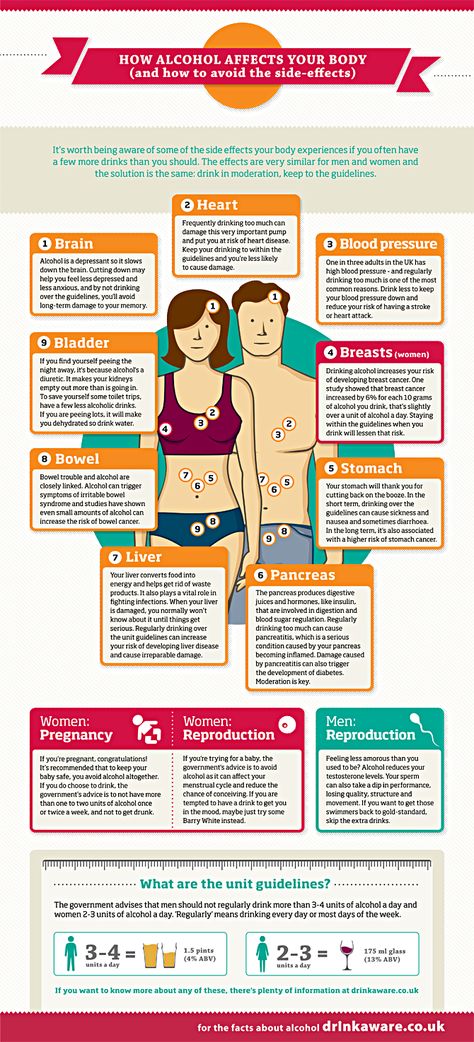 Another study revealed that alcoholic mothers are less likely to show sensitivity and connection when they interact with their infant children.7
Another study revealed that alcoholic mothers are less likely to show sensitivity and connection when they interact with their infant children.7
Risk of poor academic performance. A child’s academic performance can be negatively impacted by having a mother with an alcohol use disorder. These children may exhibit relatively poorer performance in reading, spelling, and math during early and middle childhood. 7
Risk of substance abuse. In later childhood and adolescence, a child born to a mother with alcohol use disorder can have an increased risk of experimenting with and abusing substances. Children of alcoholic mothers may start using alcohol earlier and increase the amounts they drink more quickly than their peers.7 They also have a higher risk of earlier abuse of cannabis, tobacco, and illicit drugs.6
Risk of poor physical health. A study of elementary and high school-aged children of alcoholic parents showed that they spent less time doing physical activities and had poorer eating habits, compared to children who did not have parents with an alcohol use disorder. 8 A mother who has an unhealthy relationship with alcohol, or an alcohol use disorder, is less able and less likely to respond to her child’s physical needs. Therefore, the effect of alcohol on the body can be indirect. Studies have also shown that children of alcoholic mothers have a higher risk of developing physical health problems; one study reported increased sleep problems, increased medication usage for various illnesses, and increased reports of inflammatory diseases.9
8 A mother who has an unhealthy relationship with alcohol, or an alcohol use disorder, is less able and less likely to respond to her child’s physical needs. Therefore, the effect of alcohol on the body can be indirect. Studies have also shown that children of alcoholic mothers have a higher risk of developing physical health problems; one study reported increased sleep problems, increased medication usage for various illnesses, and increased reports of inflammatory diseases.9
Ways to Get in Contact With Us
If you believe you or someone you love may be struggling with addiction, let us hear your story and help you determine a path to treatment.
There are a variety of confidential, free, and no obligation ways to get in contact with us to learn more about treatment.
- Call us at
- Verify Your Insurance Coverage for Treatment
Risks for Adult Children of Alcoholic Mothers
Risk of physical health problems.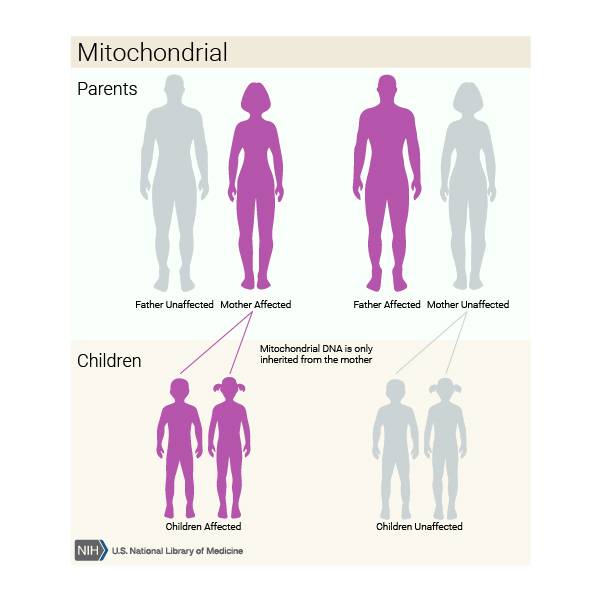 Many studies have found that adult children of alcoholics (ACoA) have an increased risk of physical health complaints such as back pain, hypertension, diabetes, sleep disturbances, fatigue, delirium, gastrointestinal diseases, cirrhosis, cancer, hemorrhages, heart problems, headaches, and high blood pressure.9
Many studies have found that adult children of alcoholics (ACoA) have an increased risk of physical health complaints such as back pain, hypertension, diabetes, sleep disturbances, fatigue, delirium, gastrointestinal diseases, cirrhosis, cancer, hemorrhages, heart problems, headaches, and high blood pressure.9
Risk of substance abuse and addiction. Adult children of alcoholic mothers have a higher risk of abusing alcohol and other substances. Genetics account for approximately 50-60% of a person’s risk of addiction; one study found that by young adulthood, 53% of children with an alcoholic parent have an alcohol or drug use disorder as compared to 25% of their peers.7
Risk of behavioral, emotional, and psychological problems. ACoAs have a higher rate of mood disorders. One study showed that mood disorders in children of parents with an alcohol use disorder are almost doubled, compared to their peers.7 ACoAs have a higher chance of developing adjustment issues and have difficulty adopting healthy coping skills. Research indicates that these children have a higher rate of perfectionism, hyper-vigilance, denial of their own needs, a sense of over-responsibility, and mistrust of others. 1 One study also found a higher rate of phobias, including agoraphobia, persistent depressive disorder (dysthymia), generalized anxiety disorder, panic disorder, and antisocial symptoms in adult children of alcoholics.10
Research indicates that these children have a higher rate of perfectionism, hyper-vigilance, denial of their own needs, a sense of over-responsibility, and mistrust of others. 1 One study also found a higher rate of phobias, including agoraphobia, persistent depressive disorder (dysthymia), generalized anxiety disorder, panic disorder, and antisocial symptoms in adult children of alcoholics.10
Risk of ACoA syndrome. ACoA syndrome was coined by a researcher in the mid-80s to describe a common condition experienced by ACoAs. Symptoms usually occur on a spectrum, with many people experiencing poor coping skills and a fear of abandonment, intimacy, change, and making mistakes. Other symptoms of ACoA syndrome include chronic shock (a lasting state of fear) and feelings of inadequacy.11
Treatment Options for Mothers with AUDs
Seeking treatment for an alcohol use disorder helps you take charge of your health and wellbeing as well as that of your child.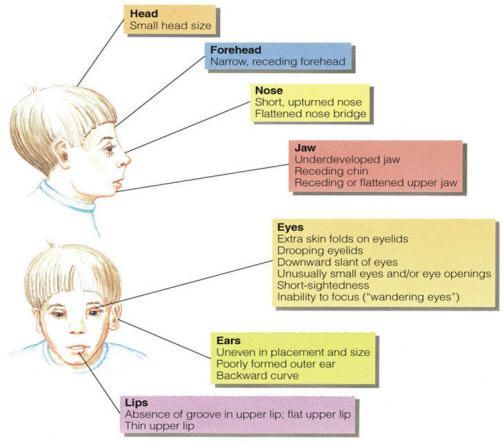 It’s important that your unique parenting and personal needs are adequately addressed so that you can focus on your treatment. You should discuss such concerns and needs with rehab staff. Many women with substance abuse issues also have co-occurring disorders such as depression or PTSD, so treatment should address these issues as well.
It’s important that your unique parenting and personal needs are adequately addressed so that you can focus on your treatment. You should discuss such concerns and needs with rehab staff. Many women with substance abuse issues also have co-occurring disorders such as depression or PTSD, so treatment should address these issues as well.
Find Addiction Rehab & Treatment Near Me
I have an Alcoholic Mother: Who Can I Ask for Help?
If you have a mother who is struggling with an alcohol use disorder, it is natural for you to want to help her but not know where to start. It is important to remember that it is not your fault that your mother drinks and abuses alcohol. Although it is not your responsibility to find treatment for you mother, supporting your mother through treatment can be very encouraging for her, as a strong support system is beneficial to a successful recovery journey. There are many resources for parents and children who are in your situation.
What are Signs that my Alcohol Use Disorder is Affecting My Child?
Each child is different, and not every child with a mother who has an alcohol use disorder will develop some of the maladjustments or issues discussed earlier on this page.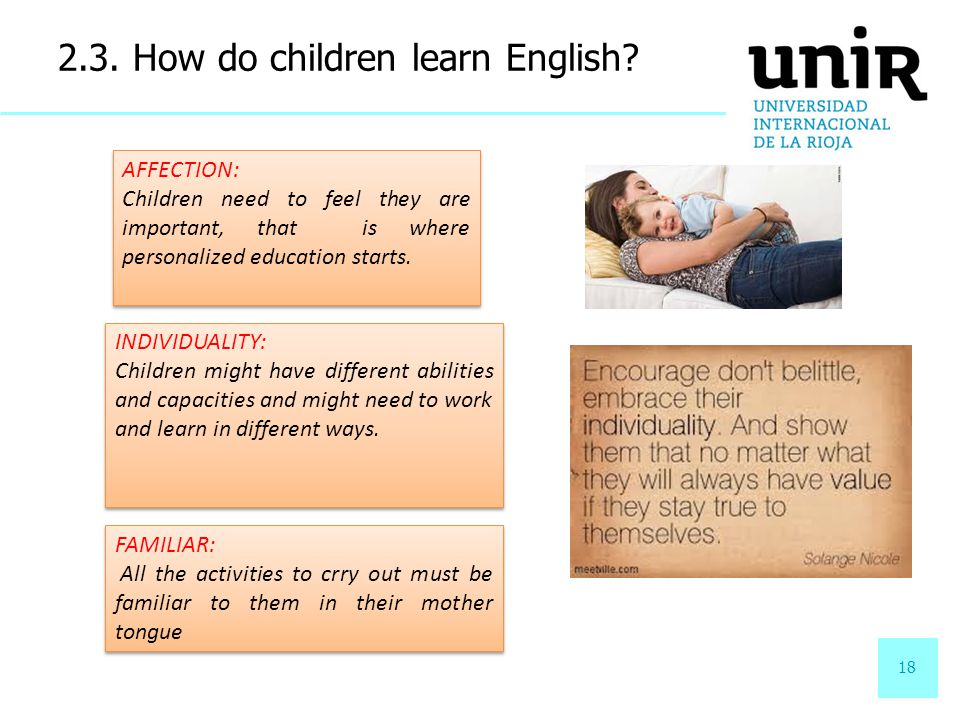 Additionally, developmental or behavioral problems your child experiences are not necessarily directly due to your alcohol use disorder. However, some of the behavioral signs that your alcohol use disorder may be affecting your child can include:4,7,15,16
Additionally, developmental or behavioral problems your child experiences are not necessarily directly due to your alcohol use disorder. However, some of the behavioral signs that your alcohol use disorder may be affecting your child can include:4,7,15,16
- Excessive worry.
- Getting into fights.
- Poor academic performance.
- Substance use.
- Sadness, withdrawal from others, or depression.
- Anxiety, worry, or fearfulness.
- Aggressive behavior or anger.
- Hyperactivity or trouble paying attention.
- Stealing, vandalism, or getting into trouble.
- Skipping classes.
- Frequent physical complaints, like stomachaches or headaches.
- Risky behavior.
- Suicidal thoughts or behaviors.
Is it Okay to Drink in Front of My Child?
This is a highly personal and subjective question. The answer will depend on how much you drink and the type of environment you would like to raise your children in. Certain families view alcohol use as a part of their culture, and they may use alcohol within healthy limits. However, it’s important to be aware that the way your children experience your relationship with alcohol may affect their future relationship with alcohol, as well.
Certain families view alcohol use as a part of their culture, and they may use alcohol within healthy limits. However, it’s important to be aware that the way your children experience your relationship with alcohol may affect their future relationship with alcohol, as well.
How Does Alcohol Affect My Child During Breastfeeding and Pregnancy?
Alcohol affects the developing fetus and pregnant woman in a number of ways. If you drink during pregnancy, you may have a higher risk of miscarriage, premature birth, stillbirth, or having a baby with low birth weight or alcohol withdrawal symptoms. Your baby can be at a higher risk of fetal alcohol spectrum disorders or birth defects. If you drink while breastfeeding, know that alcohol can pass into breastmilk and reduce the flow of milk. It can also affect your baby’s brain and spinal cord development.17
What Will Happen to My Child if I Need to Go to Rehab?
There are options for childcare if you need to enter rehab.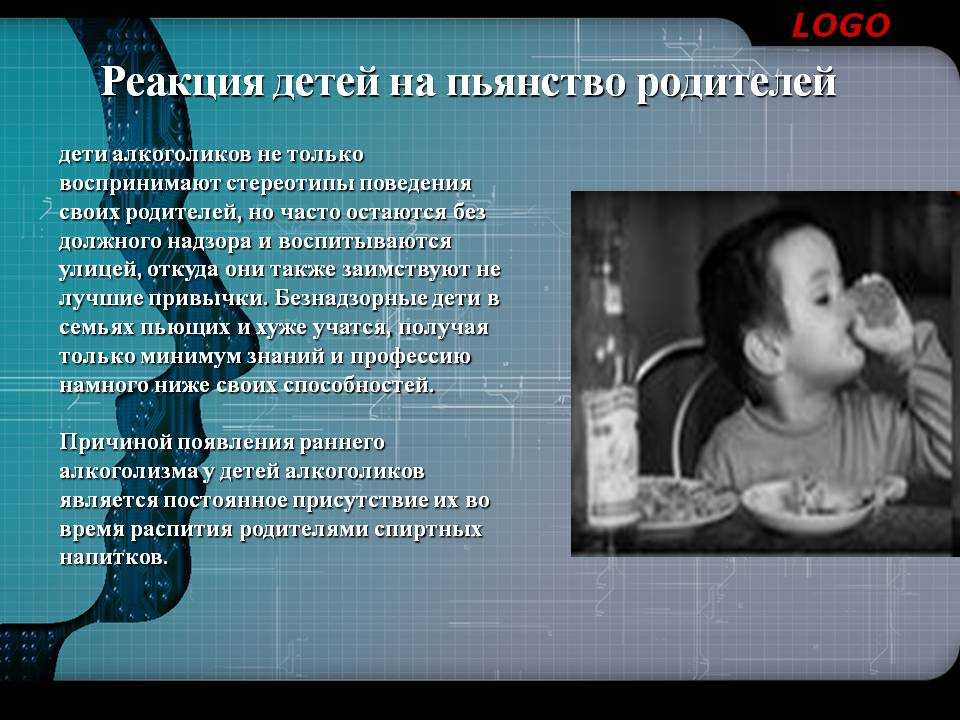 Some inpatient rehabs provide care for women with children.18 Many rehabs also offer daycare.19 Another option is reaching out to extended family or trusted friends for assistance. For example, your child could attend school or daycare during the day and stay with friends or family at night.
Some inpatient rehabs provide care for women with children.18 Many rehabs also offer daycare.19 Another option is reaching out to extended family or trusted friends for assistance. For example, your child could attend school or daycare during the day and stay with friends or family at night.
Frequently Asked Questions
Sources- Hall, C. & Webster, R. (2007). Risk Factors Among Adult Children of Alcoholics. International Journal of Behavioral Consultation and Therapy, 3(4), 494-511.
- Widom, C. S., & Hiller-Sturmhöfel, S. (2001). Alcohol abuse as a risk factor for and consequence of child abuse. Alcohol research & health, 25(1), 52–57.
- Keller, P. S., Cummings, E. M., Davies, P. T., & Mitchell, P. M. (2008). Longitudinal relations between parental drinking problems, family functioning, and child adjustment. Development and psychopathology, 20(1), 195–212.

- Liu, J. (2004). Childhood externalizing behavior: theory and implications. Journal of child and adolescent psychiatric nursing, 17(3), 93–103.
- Raitasalo, K., Holmila, M., Jääskeläinen, M., & Santalahti, P. (2019). The effect of the severity of parental alcohol abuse on mental and behavioural disorders in children. European child & adolescent psychiatry, 28(7), 913–922.
- Omkarappa, D. B. & Rentala, S. (2019). Anxiety, depression, self-esteem among children of alcoholic and nonalcoholic parents. Journal of family medicine and primary care, 8(2), 604–609.
- Solis, J. M., Shadur, J. M., Burns, A. R., & Hussong, A. M. (2012). Understanding the diverse needs of children whose parents abuse substances. Current drug abuse reviews, 5(2), 135–147.
- Serec, M., Svab, I., Kolšek, M., Svab, V., Moesgen, D., & Klein, M. (2012). Health-related lifestyle, physical and mental health in children of alcoholic parents.
 Drug and alcohol review, 31(7), 861–870.
Drug and alcohol review, 31(7), 861–870. - Jangalapalli, A. (2009). Children of Alcoholics’ Physical Health Outcomes in Early Childhood.
- Mathew, R. J., Wilson, W. H., Blazer, D. G., & George, L. K. (2006). Psychiatric disorders in adult children of alcoholics: data from the Epidemiologic Catchment Area project. The American journal of psychiatry, 150(5), 793–800.
- Nodar, M. (2012). Chaotic Environments and Adult Children of Alcoholics. The Professional Counselor, 2(1), 43-47.
- National Institute on Alcohol Abuse and Alcoholism. (2014). Treatment for Alcohol Problems: Finding and Getting Help.
- Lander, L., Howsare, J., & Byrne, M. (2013). The impact of substance use disorders on families and children: from theory to practice. Social work in public health, 28(3-4), 194–205.
- Breshears, E.M., Yeh, S. & Young, N.K. (2004). Understanding Substance Abuse and Facilitating Recovery: A Guide for Child Welfare Workers.
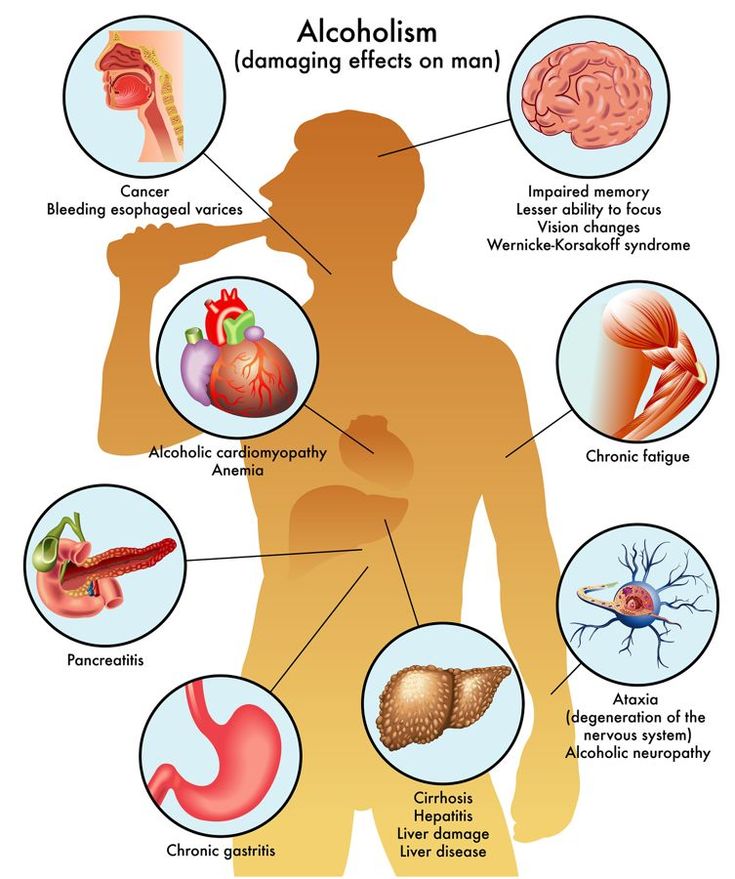 Rockville, MD: Substance Abuse and Mental Health Services Administration.
Rockville, MD: Substance Abuse and Mental Health Services Administration. - When a Parent Drinks Too Much Alcohol.
- American Academy of Child & Adolescent Psychiatry. (2019). Alcohol Use in Families.
- Australian Government Department of Health. (2020). Alcohol during pregnancy and breastfeeding.
- Jackson, V. (2004). Residential treatment for parents and their children: the Village experience. Science & practice perspectives, 2(2), 44–53.
- Neger, E. N., & Prinz, R. J. (2015). Interventions to address parenting and parental substance abuse: conceptual and methodological considerations. Clinical psychology review, 39, 71–82.
- Lipari, R. N., & Van Horn, S. L. (2017). Children Living with Parents Who Have a Substance Use Disorder.
- McKetta, S., & Keyes, K. M. (2019). Heavy and binge alcohol drinking and parenting status in the United States from 2006 to 2018: An analysis of nationally representative cross-sectional surveys.
 PLoS medicine, 16(11), e1002954.
PLoS medicine, 16(11), e1002954. - Kropenske, J. & Howard, J. (1994). Protecting Children in Substance-Abusing Families.
- Children’s Bureau. (2019). Parental Substance Use as Child Abuse.
- Center for Substance Abuse Treatment. (2000). Substance Abuse Treatment for Persons with Child Abuse and Neglect Issues. (Treatment Improvement Protocol (TIP) Series, No. 36.) Chapter 6—Legal Responsibilities and Recourse. Rockville, MD: Substance Abuse and Mental Health Services Administration.
- National Institute on Alcohol Abuse and Alcoholism. (2020). Understanding Alcohol Use Disorder.
- Gifford, E. J., Eldred, L. M., Vernerey, A., & Sloan, F. A. (2014). How does family drug treatment court participation affect child welfare outcomes?. Child abuse & neglect, 38(10), 1659–1670.
- Werner, D., Young, N.K., Dennis, K, & Amatetti, S. (2007). Family-Centered Treatment for Women with Substance Use Disorders – History, Key Elements and Challenges.
 Rockville, MD: Substance Abuse and Mental Health Services Administration.
Rockville, MD: Substance Abuse and Mental Health Services Administration.
SAMHSA’s National Helpline | SAMHSA
Your browser is not supported
Switch to Chrome, Edge, Firefox or Safari
Main page content
-
SAMHSA’s National Helpline is a free, confidential, 24/7, 365-day-a-year treatment referral and information service (in English and Spanish) for individuals and families facing mental and/or substance use disorders.
Also visit the online treatment locator.
SAMHSA’s National Helpline, 1-800-662-HELP (4357) (also known as the Treatment Referral Routing Service), or TTY: 1-800-487-4889 is a confidential, free, 24-hour-a-day, 365-day-a-year, information service, in English and Spanish, for individuals and family members facing mental and/or substance use disorders.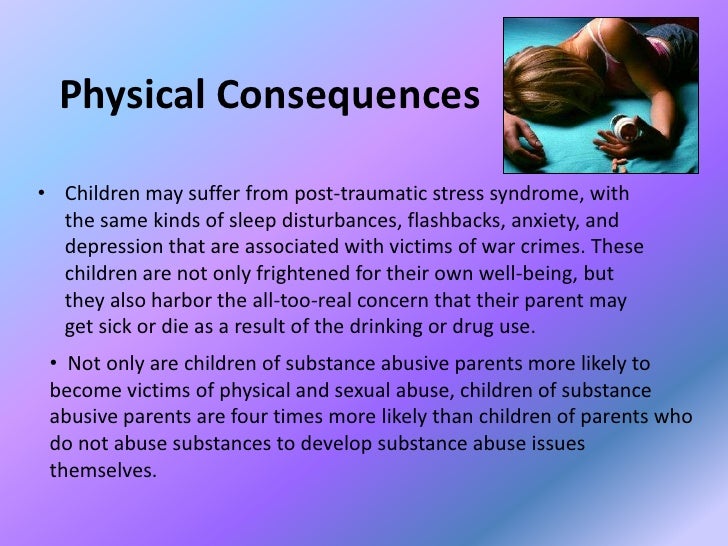 This service provides referrals to local treatment facilities, support groups, and community-based organizations.
This service provides referrals to local treatment facilities, support groups, and community-based organizations.
Also visit the online treatment locator, or send your zip code via text message: 435748 (HELP4U) to find help near you. Read more about the HELP4U text messaging service.
The service is open 24/7, 365 days a year.
English and Spanish are available if you select the option to speak with a national representative. Currently, the 435748 (HELP4U) text messaging service is only available in English.
In 2020, the Helpline received 833,598 calls. This is a 27 percent increase from 2019, when the Helpline received a total of 656,953 calls for the year.
The referral service is free of charge. If you have no insurance or are underinsured, we will refer you to your state office, which is responsible for state-funded treatment programs. In addition, we can often refer you to facilities that charge on a sliding fee scale or accept Medicare or Medicaid.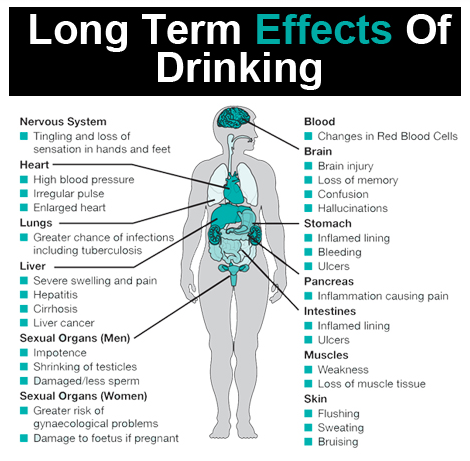 If you have health insurance, you are encouraged to contact your insurer for a list of participating health care providers and facilities.
If you have health insurance, you are encouraged to contact your insurer for a list of participating health care providers and facilities.
The service is confidential. We will not ask you for any personal information. We may ask for your zip code or other pertinent geographic information in order to track calls being routed to other offices or to accurately identify the local resources appropriate to your needs.
No, we do not provide counseling. Trained information specialists answer calls, transfer callers to state services or other appropriate intake centers in their states, and connect them with local assistance and support.
-
Suggested Resources
What Is Substance Abuse Treatment? A Booklet for Families
Created for family members of people with alcohol abuse or drug abuse problems. Answers questions about substance abuse, its symptoms, different types of treatment, and recovery.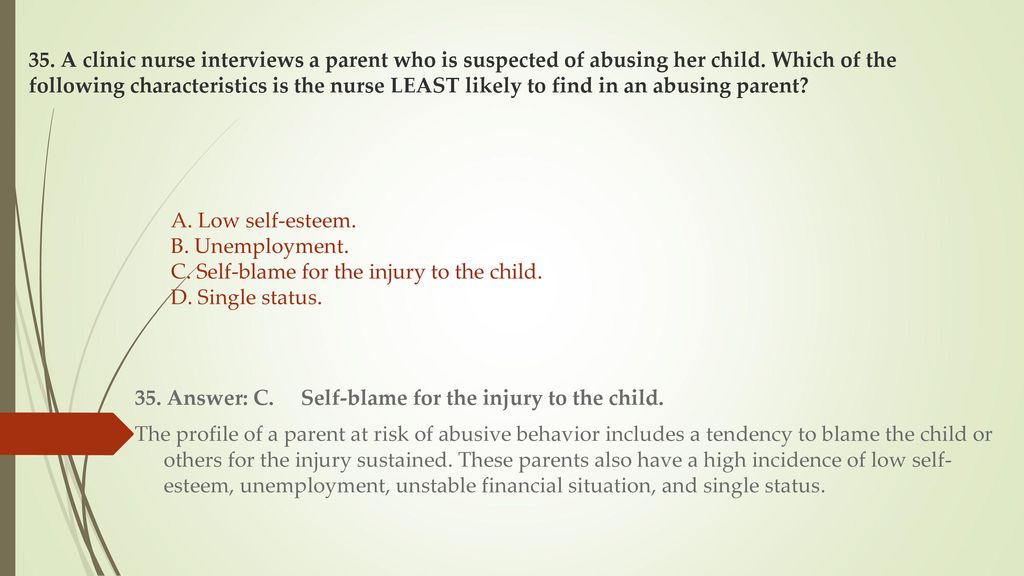 Addresses concerns of children of parents with substance use/abuse problems.
Addresses concerns of children of parents with substance use/abuse problems.It's Not Your Fault (NACoA) (PDF | 12 KB)
Assures teens with parents who abuse alcohol or drugs that, "It's not your fault!" and that they are not alone. Encourages teens to seek emotional support from other adults, school counselors, and youth support groups such as Alateen, and provides a resource list.After an Attempt: A Guide for Taking Care of Your Family Member After Treatment in the Emergency Department
Aids family members in coping with the aftermath of a relative's suicide attempt. Describes the emergency department treatment process, lists questions to ask about follow-up treatment, and describes how to reduce risk and ensure safety at home.Family Therapy Can Help: For People in Recovery From Mental Illness or Addiction
Explores the role of family therapy in recovery from mental illness or substance abuse. Explains how family therapy sessions are run and who conducts them, describes a typical session, and provides information on its effectiveness in recovery.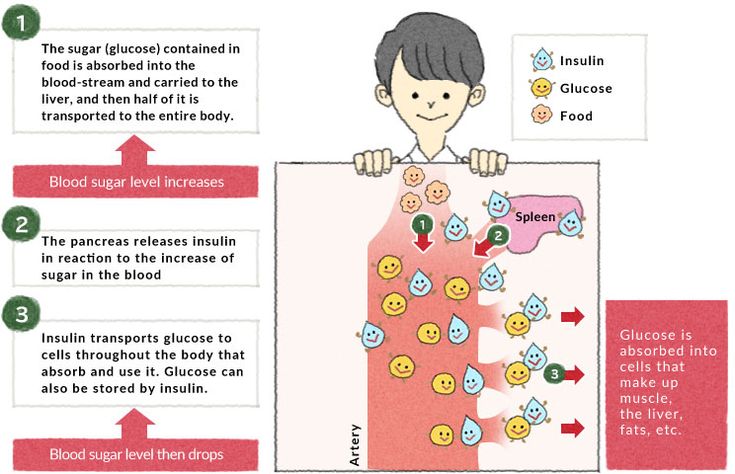
For additional resources, please visit the SAMHSA Store.
Last Updated: 08/30/2022
THE IMPRESSION OF PARENTAL ALCOHOLISM ON THE LIFE OF A CHILD
Family and home are the most precious thing in the life of every person. Here it is warm and cozy, here they love and wait, here they will always protect and save, here they will always support, listen and help. But everything collapses if there is a problem of alcoholism in the family. After all, everyone suffers from family alcoholism: both parents and children. Moreover, it is the children who suffer the most. Parental alcoholism makes its unique contribution to the formation of the life principles of the child, the stereotypes of his behavior and thinking.
The social situation of the child's development, manifested in a lack of love, care and affection, life in a state of constant fear and unpredictability of parental behavior, provokes the formation of specific character traits due to the child's experiences and his internal conflict in response to the action of external stress factors.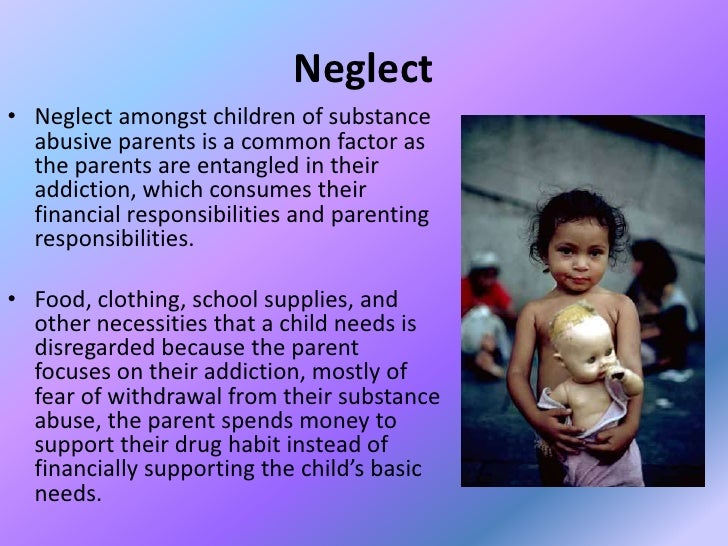 There are a number of common behavioral patterns that are inherent in children who grew up in families where there is a problem with alcohol dependence.
There are a number of common behavioral patterns that are inherent in children who grew up in families where there is a problem with alcohol dependence.
These include the following:
Low self-esteem. In extremely rare cases, a child will be proud of a family where there is a problem of alcoholism, especially when both parents drink alcohol. The child begins to realize early enough that his family is different from others, and not for the better. This involuntarily leaves an imprint on the assessment of his position among his peers. The child begins to feel like a “second-class” person, flawed, deprived of many things that are ordinary for his friends and classmates. The understanding of a small person who has lost the support of adults that “I am not like everyone else” often becomes a verdict for the rest of my life.
Inability to refuse. The conditions of upbringing in a family where adults drink often contribute to the development of indecision - the child is not able to make a decision on his own as a result of the fact that drunk parents weaned him from disobedience, free expression of his feelings and needs by harsh methods. As a result, the fear of “doing something wrong” paralyzes him in moments when he needs to show independence. The child in this case becomes a hostage of the situation, which then makes him an obedient puppet for everyone and for life.
As a result, the fear of “doing something wrong” paralyzes him in moments when he needs to show independence. The child in this case becomes a hostage of the situation, which then makes him an obedient puppet for everyone and for life.
Stealth. This leads to a sense of shame for their parents. If you are embarrassed by the main members of your family, then you don’t want to put their “achievements” on display. Because of this, children who grew up in such families carefully hide their situation, stop inviting friends to visit early, preferring to meet on the street, and do not talk about family circumstances. The need to constantly hide something becomes a deep habit of behavior.
Unsystematic actions. Usually in families with alcohol addiction there is no clear way of life, their life is unpredictable and momentary. As a result, the formation of landmarks is difficult for children, there is no understanding of the sequence.
Predisposition to break the rules. Often a protest against a hopeless situation in the family is manifested in the desire for leadership in the team. Often children assert themselves among their peers and seek to attract the attention of adults by committing unseemly acts. In addition, many children of alcoholics are prone to neurotic behavior, impulsive, because they are often in a state of horror and grief, feelings of insecurity, instability, have serious sleep disturbances and nightmares. All these factors lead to regular disciplinary violations at school. Subsequently, such children quickly fall into the field of view of the police.
Difficulties with adaptation . It is in the family that the child joins the social culture, learns the norms, rules, values of human behavior. In a dysfunctional family, a child often acquires negative social experience and learns a model of deviant behavior through relationships in his family. The presence of psychological problems prevents the child from showing the flexibility and creativity necessary in a number of situations, building healthy relationships, which is why his behavior quite often becomes not only illogical, but also diametrically opposed to what is required in the situation. Often this follows from the feature mentioned in the previous paragraph.
Often this follows from the feature mentioned in the previous paragraph.
Excessive impressionability as a special kind of long-term emotional memory. It helps to remember unpleasant events and fix them. The child remembers insult, insult, fear for a long time, returns with his experiences to the past and cannot so easily, like others, start from the present in his actions and deeds.
Impressiveness - a tendency to internal processing of feelings and experiences. It is especially difficult for a child to experience an insult received from parents who, in a state of intoxication, insult and threaten. But a child, neither with his parents nor among his peers, will never talk about this, about his suffering. After all, it is quite natural for a child to be proud of his parents, however, realizing that his family is unfavorably different from others, he experiences everything in his soul. The child is convinced that what is not spoken out loud does not exist. Keeping this "big secret" is more important than talking about your feelings. Almost all children of alcoholics cannot identify or express their feelings.
Keeping this "big secret" is more important than talking about your feelings. Almost all children of alcoholics cannot identify or express their feelings.
Suggestibility. Violation of normal communication in the family leads to the fact that the child becomes overly trusting, it is easier to mislead him. As a result, he often becomes a victim of manipulation.
Persistent guilt complex. Unfortunately, often alcoholic parents, in order to justify their immoral lifestyle, place the entire burden of their actions on the shoulders of their child. Children are very sensitive, especially between the ages of 5 and 12, their logic is still being formed. Therefore, the child has a "saving thought" as a defense: "It's all because of me", "Because I behaved badly." And this is followed by a continuation: “Now I will change, I will not upset my parents, and then dad will no longer drink!” And dad, alas, both drank and drinks, excellent grades and good behavior do not save the situation . .. In this case, guilt can take root for decades.
.. In this case, guilt can take root for decades.
Difficulties with rapid response in critical situations. In many situations that require the demonstration of resourcefulness, flexibility, creativity, the child of parents with alcohol addiction gives up and cannot find a way out. With any problem, he tries to withdraw into himself, because, as a rule, he is deprived of support and advice from adults.
Increased aggressiveness. In some cases, not wanting to put up with the negative situation in the home, the children of alcoholics turn into rebels. From that moment on, they immediately begin to have serious problems when communicating with peers and teachers. There are many reasons for such behavior: these are disorders of the nervous system, and copying the behavior of one of the aggressive parents, and the inability to express their feelings in a different way. Sometimes it just becomes defensive aggression. Unfortunately, such a pattern of behavior can become one of the most common for a long time if the child's behavior is not corrected in time.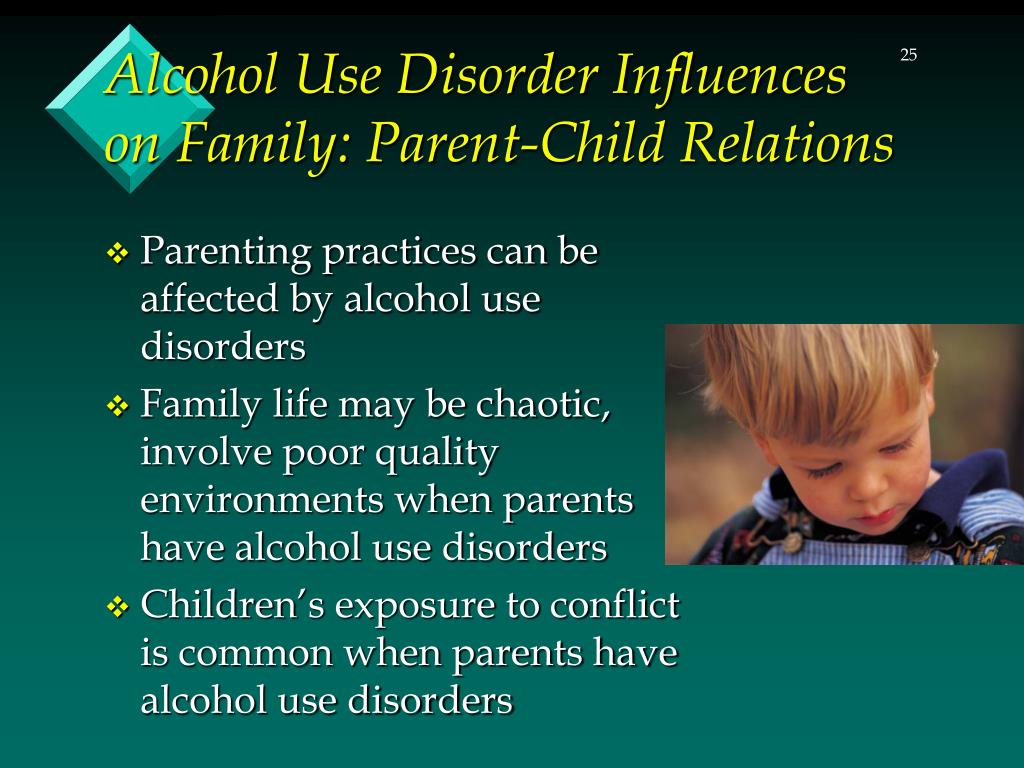
Thus, the child of alcoholic parents grows up in fear of life, he differs from others, primarily in self-doubt, hostility and aggressiveness. A child who grew up in such conditions has low self-esteem for the rest of his life, he does not believe in himself, in his abilities.
Alas, this is just the tip of the iceberg of the imprint that parental alcoholism leaves on a child's life...
How to deal with trauma for adult children of alcoholics
0063 TRUST
FEEL
stories of adult children of alcoholics
In Snoba's new project Non-Children's Babble we talk about how childhood hurts and traumas affect our adult life. The heroes of this material tell how alcoholic parents caused their nightmares, suicidal thoughts and constant moving. Psychologists of Moscow family centers Sergey Borzov, Maria Fershtey and Oksana Abrosimova 9 analyze these stories and give recommendations on how to cope with such a trauma.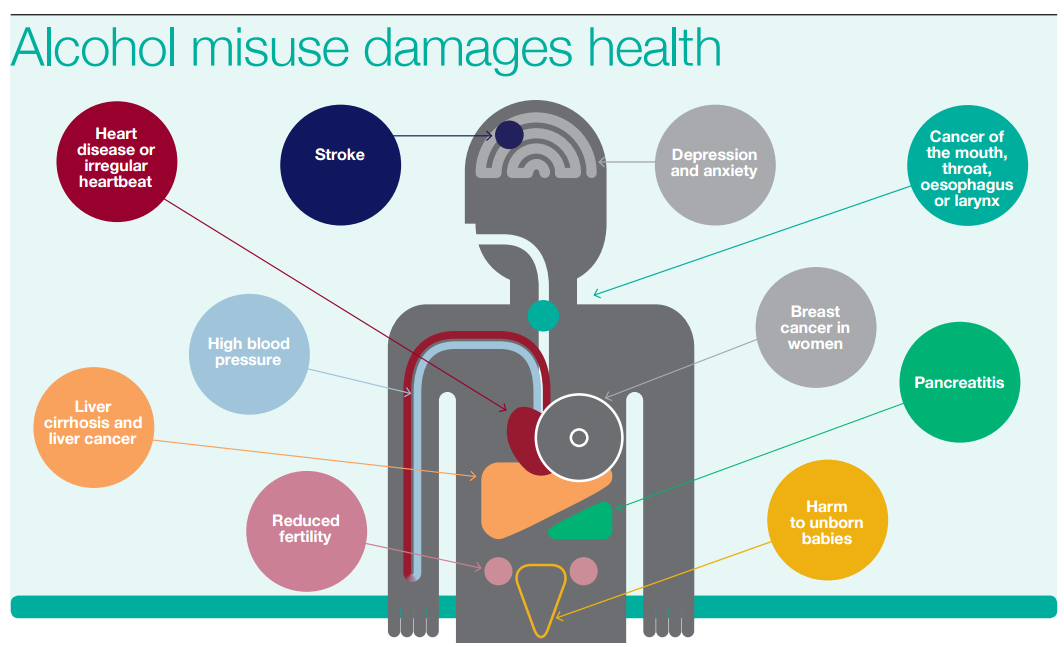 0010
0010
History of Sergei
History of Alice
History of Maria
History of Sergeyystoria Alisystoria Maria
I did not understand why Mom
was lying on the floor and was murdered
Serge -e. My mother, a drunken alcoholic, worked as a physical education teacher at a school, my father was a military man diagnosed with schizophrenia. I still do not understand how they managed to keep the job, given these facts. It must have been that time.
My most painful childhood memories are before the age of seven. My father often went on business trips, and my mother began to drink. She brought men, had sex with them. I was abandoned at this time. Sometimes she forgot to pick me up from kindergarten. The teacher brought me home, and I did not understand why my mother was lying on the floor and mooing. During these periods, she did not cook food, and I went hungry.
Then we lived in a small military town in the north of Russia, where everyone knew each other.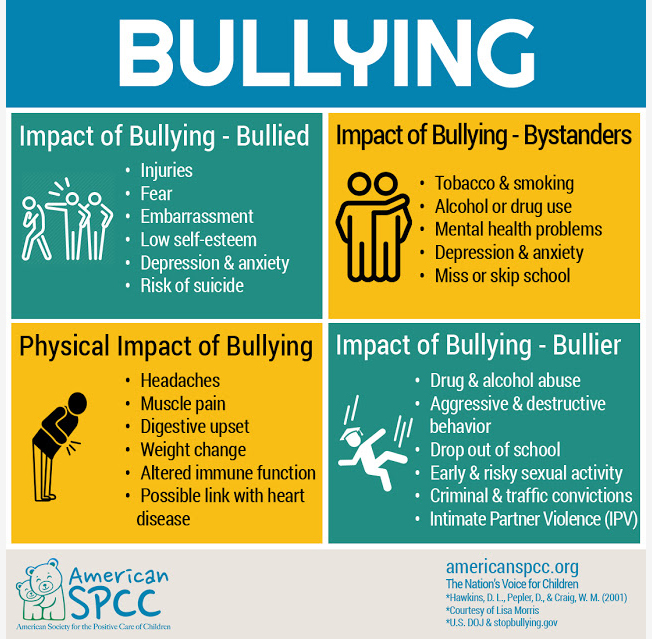 I was forbidden to discuss family problems with anyone, but no one asked. When we moved to a big city, the habit of stealth remained. It was like living under the motto "don't talk, don't trust, don't feel."
I was forbidden to discuss family problems with anyone, but no one asked. When we moved to a big city, the habit of stealth remained. It was like living under the motto "don't talk, don't trust, don't feel."
I was ten when, during one of my mother's drinking bouts, I broke down and called the child helpline. I said: my mother has been drinking for several days, I'm scared. The dispatcher replied: “What can we do for you?” Then I realized that it was pointless to ask for help.
Throughout my childhood I was accompanied by a sense of shame. I went to the same school where my mother worked. I constantly had to lie during her binges that she was sick. Although I think everyone knew the truth, because she disappeared from work for a week or two just after September 1, Teacher's Day or March 8th. Sometimes she started drinking at work. Sometimes I had to drag her home from school. Mom was not fired because they considered a cool professional.
My father was very cold towards me and my mother.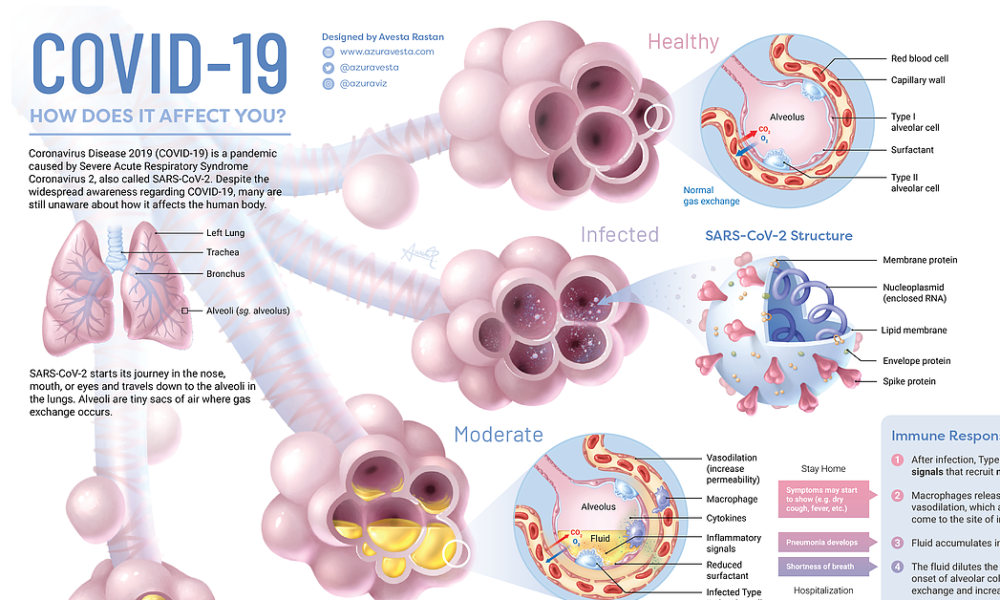 He preferred to ignore the problem. The marriage of the parents actually ceased to exist: they continued to live together, but slept in different rooms and almost did not communicate.
He preferred to ignore the problem. The marriage of the parents actually ceased to exist: they continued to live together, but slept in different rooms and almost did not communicate.
When I was a teenager, I had suicidal thoughts. It got even more difficult when I moved out from my parents after university. The outer part of life improved: I lived in the city center, I had close relationships and a good job. This external well-being did not correspond to my internal state. It felt like my life was not real.
While I was in a traumatic environment and lived with my mother, my psyche was protected from painful memories. But when I was safe, I began to recall episodes from my childhood that I did not remember before. I had nightmares. It was difficult to communicate with people. I did not notice the feeling of hunger. The depression became almost unbearable, the relationship with the girl collapsed, I was fired from my job. Then I turned to psychotherapists and the Adult Children of Alcoholics community.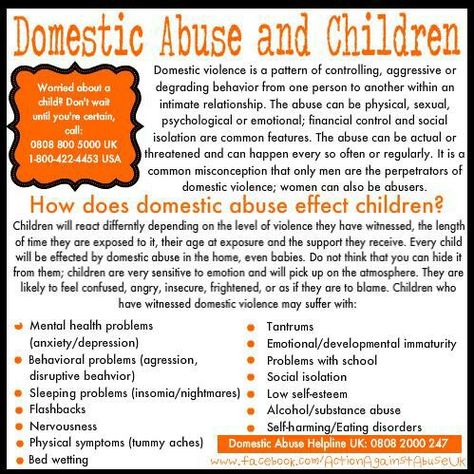 This made me feel better.
This made me feel better.
Now my mother and I communicate, but this is an unstable relationship. She has not been drinking for a couple of years - since she retired, but it does not help me, I already have that mother in my head from the past. It's hard for me to get along with people. Now I have a temporary job, but no wife and children. My parents are still together, but they either don't talk to each other or they fight, so I don't have a model of a normal family.
I understand that my injury needs to be worked on for quite some time. There are so many factors that throw me off balance. For example, before the holidays, I feel anxiety, because they are associated with my mother's binges. This is fine.
So far, the best thing I can afford is to visit friends who have good relations with their wives and children. I look at them and strengthen myself in the thought that everything can be different for me.
Sergei was an unloved child, and such children, as a rule, grow up to be disappointed adults. One of the first steps on this path is to forgive your parents. Here we are talking about the simplest idea, which is banal, but which really works: we cannot change circumstances and the past, but we can change our attitude towards them. I am an adherent of logotherapy, a method of psychotherapy and analysis that suggests relying on resources. We are all traumatized, but we have the potential to overcome it. To do this, you need to look around and find your foothold: it can be a job, education, hobby or friendship. If it seems that life is destroyed, and there is no strength even to search for a resource, I suggest that some of my patients do volunteer work. This helps to change your behavior model - from a “victim” to turn into a “rescuer” and feel needed.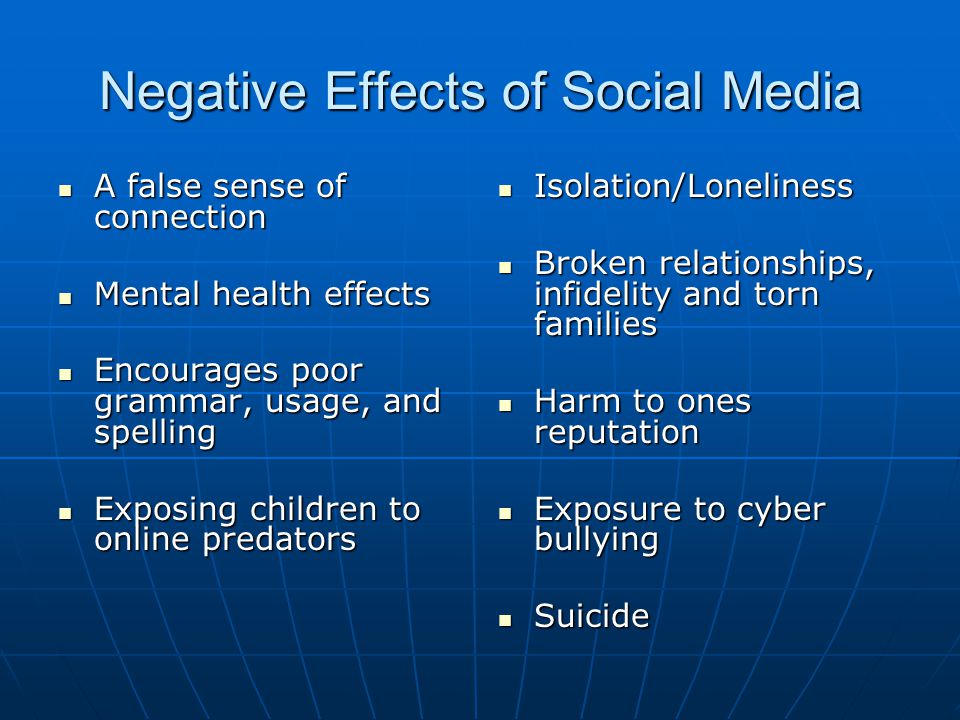 He should not be alone with his personal problems. Thoughts of suicide and symptoms of anorexia suggest that Sergei needs to see a psychiatrist. He may not be able to fully solve these problems in five years, as he expects, but in any case, he will have an interesting path of self-knowledge.
He should not be alone with his personal problems. Thoughts of suicide and symptoms of anorexia suggest that Sergei needs to see a psychiatrist. He may not be able to fully solve these problems in five years, as he expects, but in any case, he will have an interesting path of self-knowledge. 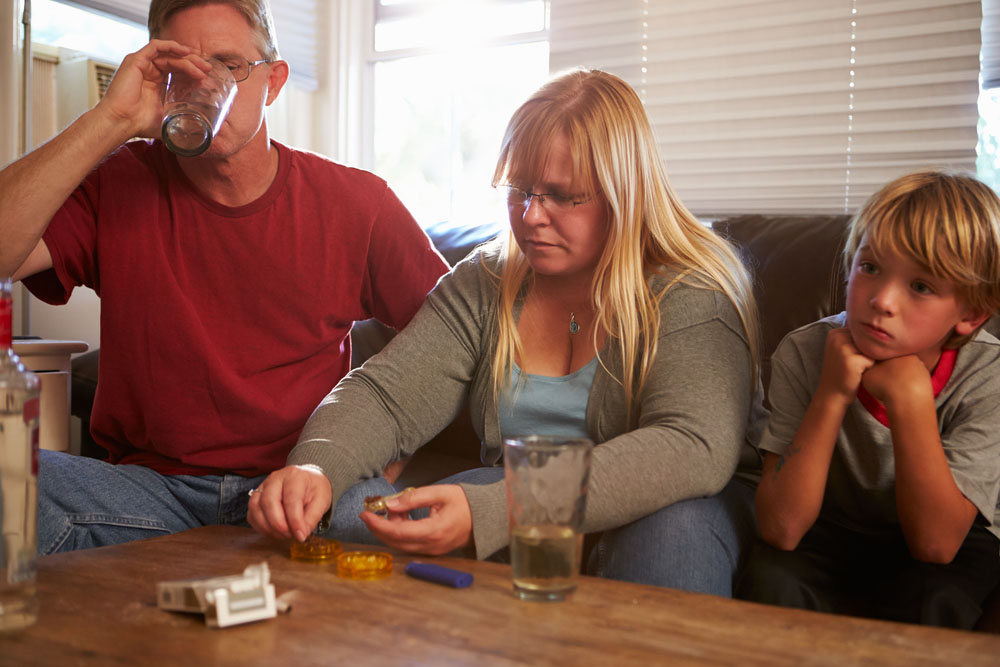 This can also become a point of reference.
This can also become a point of reference.
Maria Fershtei
Psychologist of the Vozrozhdeniye Social Rehabilitation Center
Maria Fershtei
Psychologist of the Vozrozhdeniye Social Rehabilitation Center
Sergey was, as a rule, an unloved child out of such children; . He should not be alone with his personal problems. Thoughts of suicide and symptoms of anorexia suggest that Sergei needs to see a psychiatrist. He may not be able to fully solve these problems in five years, as he expects, but in any case, he will have an interesting path of self-knowledge. One of the first steps on this path is to forgive your parents. Here we are talking about the simplest idea, which is banal, but which really works: we cannot change circumstances and the past, but we can change our attitude towards them. I am an adherent of logotherapy, a method of psychotherapy and analysis that suggests relying on resources. We are all traumatized, but we have the potential to overcome it. To do this, you need to look around and find your foothold: it can be a job, education, hobby or friendship. If it seems that life is destroyed, and there is no strength even to search for a resource, I suggest that some of my patients do volunteer work. This helps to change your behavior model - from a “victim” to turn into a “rescuer” and feel needed. This can also become a point of reference.
We are all traumatized, but we have the potential to overcome it. To do this, you need to look around and find your foothold: it can be a job, education, hobby or friendship. If it seems that life is destroyed, and there is no strength even to search for a resource, I suggest that some of my patients do volunteer work. This helps to change your behavior model - from a “victim” to turn into a “rescuer” and feel needed. This can also become a point of reference.
My father didn't beat us,
but he constantly harassed us
Alice, 38 years old
My father drank as long as I can remember. When I was five, other children came to my birthday, we played and had fun, and then he came, drunk, and dispersed everyone. I remember well this feeling of something alien, intruding into life. And, on the one hand, this is your father, you must love him, and on the other hand, this is a person whom you do not know at all and whose behavior cannot be predicted.
Father worked as a driver. After a working day, he took out a bottle of vodka and drank it alone. When drunk, he behaved aggressively: he walked around the apartment like a connecting rod bear, breaking into rooms to look around them and assess how clean it was. I still remember the sound of his teeth gnashing and the sound with which he abruptly opened the door. As a rule, at such moments, I, my older sister and mother were in the room. My father didn't beat us, but he constantly harassed us. Once he hit my mother on the lip. The next day everyone pretended that nothing had happened. I would like my mother to divorce then, but it was 90-e, she did not want to risk not knowing what would happen to us.
When I was already studying at the university, I also started drinking. Then everything fell in one moment: work, diploma, unsuccessful relationships. I came home in a deranged state, my mother silently put me to bed. Then I began to drink less often, but still it was the only way to relieve stress.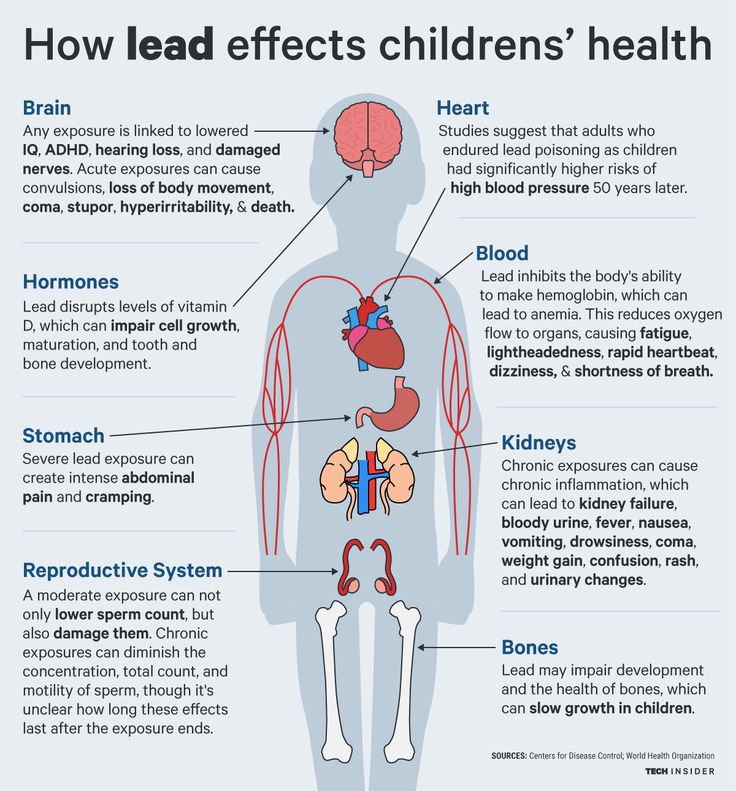 In the last few years I don’t drink at all: at some point it became scary that I would turn into a father.
In the last few years I don’t drink at all: at some point it became scary that I would turn into a father.
Since childhood I have been called my father's daughter. I was a blond angel with curls, and it seems to me that my father loved me very much. But he could only tell me this when he was drunk.
This greatly influenced the model of relationships that I built as an adult. At one time I was sure that I was only worthy of love in some abnormal, wrong relationship. I reacted to people who manipulated me or, on the contrary, did not accept me. At some point, I stopped communicating with people if this could lead to long-term relationships. Now, when I want sex, I get it, but I'm afraid to go further and face the fact that they will not accept me. My father showed me that one day a man can talk about love, and the next - send away.
At the same time, I understand that men give me a sense of care that was lacking in my childhood. Unfortunately, this carries over to working relationships, which is not always effective.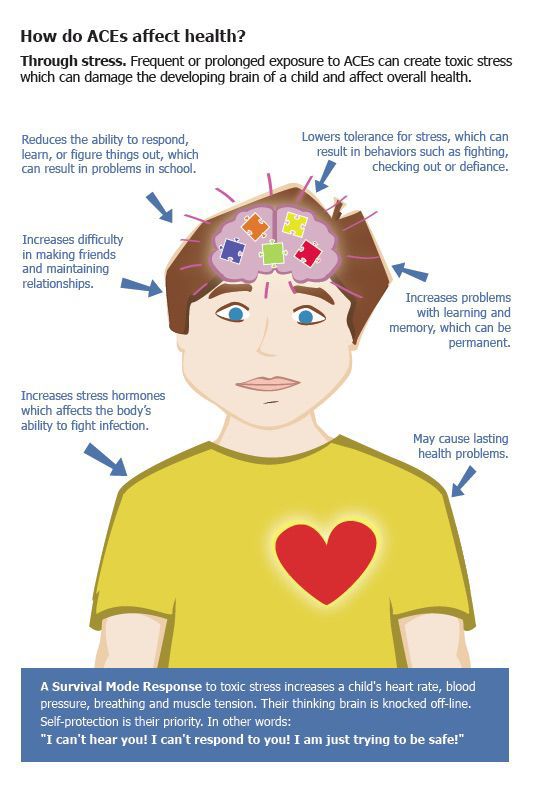 For example, I am very afraid of disapproval. My manager said that he doesn’t even voice some comments to me, because I have unstable self-esteem. I always feel like I'm not doing enough. I think this is also due to the fact that I never heard an important phrase from my father: I am proud of you.
For example, I am very afraid of disapproval. My manager said that he doesn’t even voice some comments to me, because I have unstable self-esteem. I always feel like I'm not doing enough. I think this is also due to the fact that I never heard an important phrase from my father: I am proud of you.
We never had much contact with him. At the age of 30, I began to warmly relate to him, because he had aged. I wanted to talk to him about his alcoholism, but I knew that it would be painful and devastating for me. When he was dying of cancer, I never made up my mind.
After his death, I was angry. My father could have given me so much more if he had not closed himself off from reality. I don't know if I could forgive him. On the one hand, he is not guilty of anything, on the other hand, anger at him remains. Every time I talk about childhood, I want to cry. I try not to get into this closet for now, I postpone the conversation about my father, even with a psychotherapist. I just got used to living with it, as well as with a feeling of distrust for most people.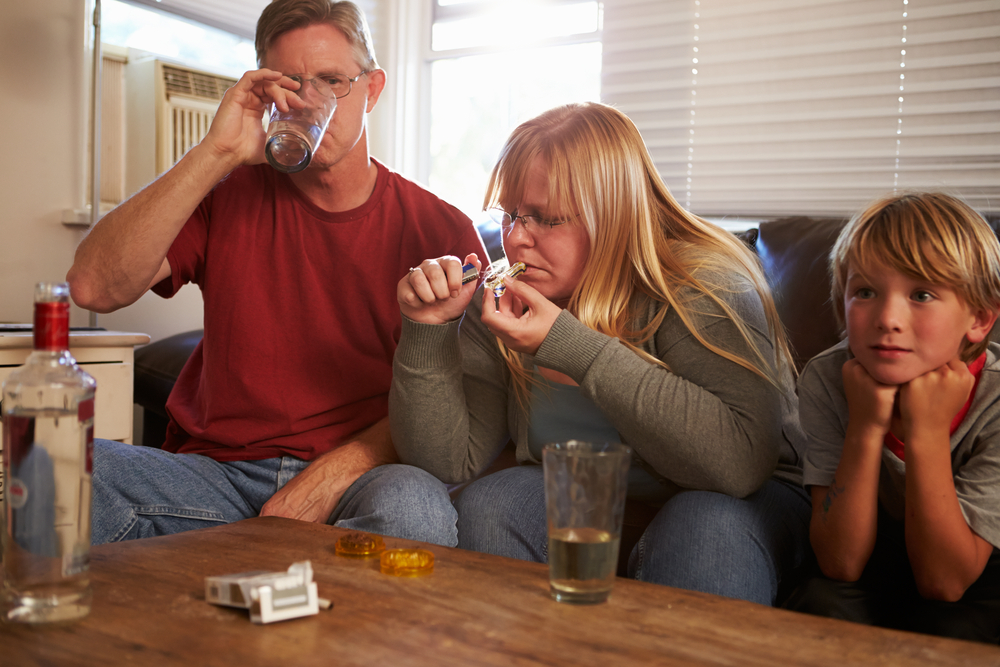
Parents should be an example of healthy and close relationships, provide a sense of security, show experience in solving internal problems. In Alice's story, we see patterns of withdrawal from emotions and distorted satisfaction of personal needs. In particular, the father could show sincere feelings for his daughter only when he was drinking. His unstable behavior and psychological abuse did not allow him to adequately satisfy the children's need for love. As a consequence, Alice has low self-esteem. She believes that she is unworthy of love, and seeks to overcome the feeling of uselessness. In order to solve this problem, it is important not to run away from painful conflicting feelings, but to accept them and live.
Oksana Abrosimova
psychologist of the family center "Istoki":
Oksana Abrosimova
psychologist of the family center "Istoki":
problems. In Alice's story, we see patterns of withdrawal from emotions and distorted satisfaction of personal needs.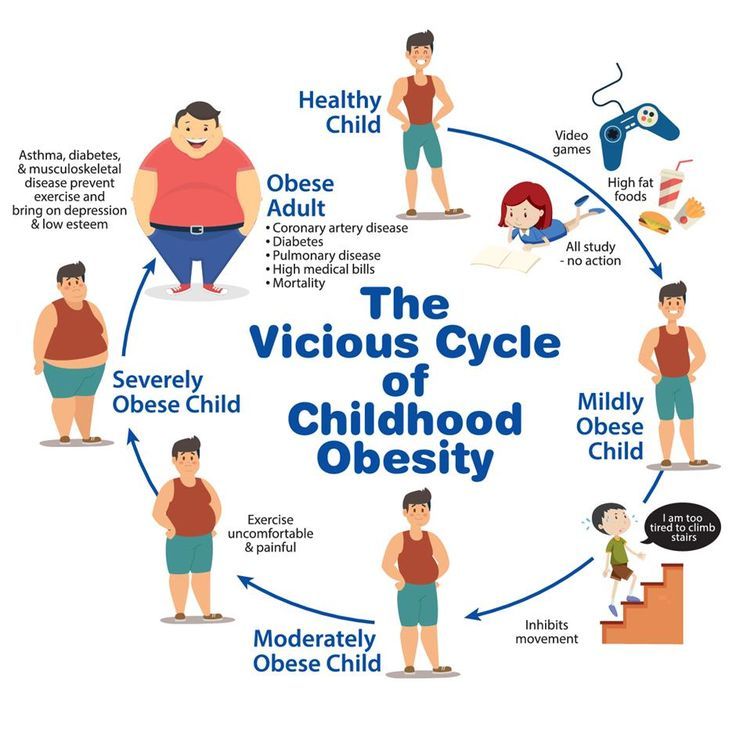 In particular, the father could show sincere feelings for his daughter only when he was drinking. His unstable behavior and psychological abuse did not allow him to adequately satisfy the children's need for love. As a consequence, Alice has low self-esteem. She believes that she is unworthy of love, and seeks to overcome the feeling of uselessness. In order to solve this problem, it is important not to run away from painful conflicting feelings, but to accept them and live.
In particular, the father could show sincere feelings for his daughter only when he was drinking. His unstable behavior and psychological abuse did not allow him to adequately satisfy the children's need for love. As a consequence, Alice has low self-esteem. She believes that she is unworthy of love, and seeks to overcome the feeling of uselessness. In order to solve this problem, it is important not to run away from painful conflicting feelings, but to accept them and live.
I maniacally ventilate the room,
when I smell the smell of fumes
Maria, 25 years old
My father used to run a training center, now he runs a preparatory school for the exam. Our family looks very well from the outside, despite the fact that my father drinks. Few people know about his problems.
I remember my father drunk from the age of seven. He usually got drunk on holidays, and then he could not stop and continued to drink for a week or two.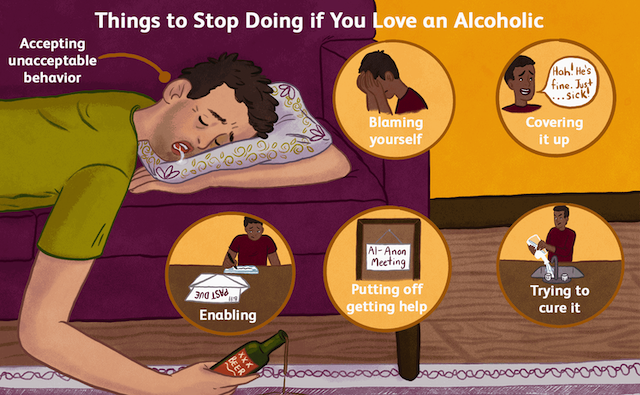 At the same time, the father almost never drank at home - he did it in the garage or somewhere else. In rare cases, he would hide the bottle in his jacket, if my mother and I were not going through his things, and then put it behind the sofa and drink a little. We tried to stop it by locking him up at home. Sometimes it helped, sometimes he still came out, and everything started all over again.
At the same time, the father almost never drank at home - he did it in the garage or somewhere else. In rare cases, he would hide the bottle in his jacket, if my mother and I were not going through his things, and then put it behind the sofa and drink a little. We tried to stop it by locking him up at home. Sometimes it helped, sometimes he still came out, and everything started all over again.
It is unpleasant for me to recall alcohol-related moments from my childhood: the constant quarrels of my parents, the smell of fumes, my father's nasal voice when he philosophized about who I will become in the future and how important it is to study now. But the worst thing was when he got into trouble: he lost things in the entrance, fell asleep on the street, fought with a neighbor, got hit by a car, he was robbed and beaten with a bat by the boys near the garage. In the end, all these problems had to be solved by my mother and I. We looked for him around the area and took him to the hospital.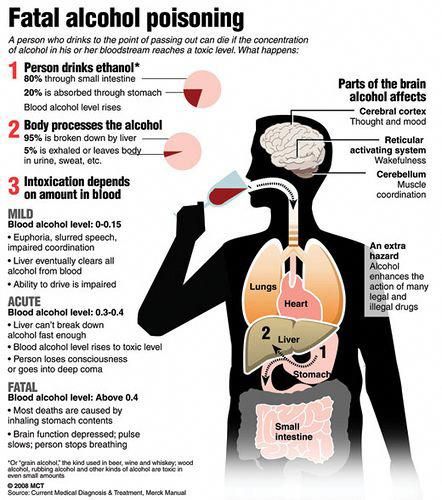 Now I don’t live with my parents, but I’m scared for my mother. You never know what problems her father can create for her? Suddenly, someone will watch for him at the entrance, take the keys and go into the apartment?
Now I don’t live with my parents, but I’m scared for my mother. You never know what problems her father can create for her? Suddenly, someone will watch for him at the entrance, take the keys and go into the apartment?
I never got angry with my father. Rather, I was worried about the consequences of his binges for our family and about what could happen to him.
I believe that alcoholism is a sign of weakness. Father always justifies himself with problems at work, but I think he understands everything. He was encoded several times, but the encoding always ended on his birthday.
When the coding period ended, I got scared. The last time my father coded for five years. Before his birthday, I began to have dreams about how he comes home drunk. After five years of calmness, I thought: oh no, is this going to happen again?!
Nothing can be done about it, you can only get used to it. I understand that my father's alcoholism is not my fault, it is a serious illness.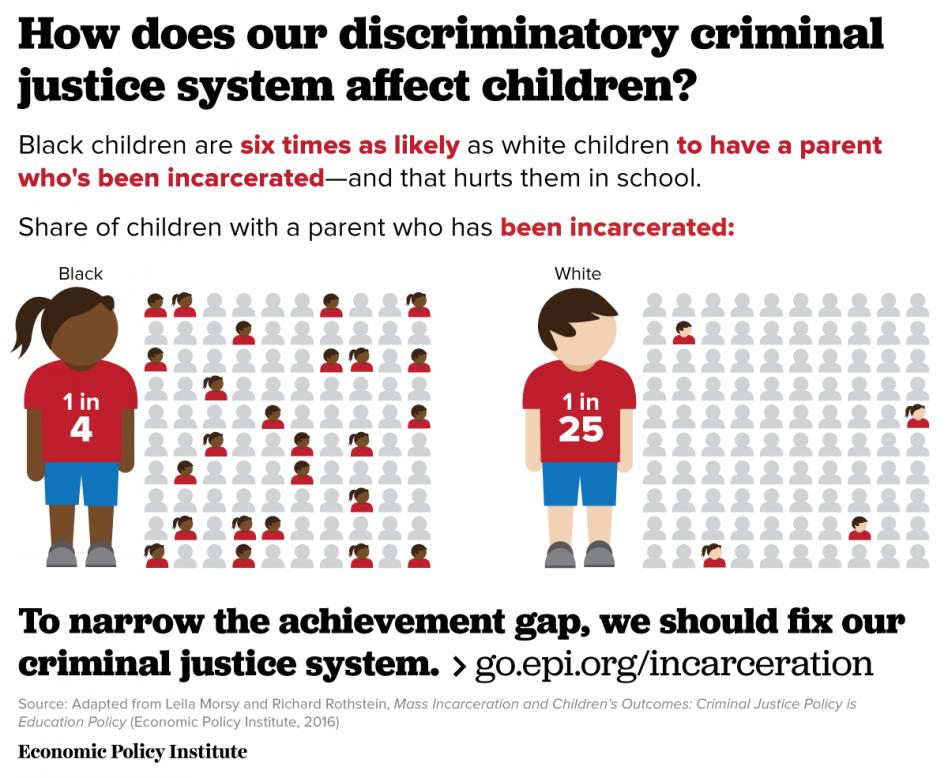 And I don’t consider the situation in my family to be some kind of shame, I calmly tell my friends about it. Maybe this is also due to the fact that every second of my acquaintances has a similar story.
And I don’t consider the situation in my family to be some kind of shame, I calmly tell my friends about it. Maybe this is also due to the fact that every second of my acquaintances has a similar story.
Sometimes I feel older than my father. Maybe because of this I am more independent than people who grew up in normal and happy families. I decided to focus on my life and make sure that nothing like this happened in it. Sometimes I find that I get too hung up on the minutiae associated with alcohol. Now I live with a young man - in his family there is a tradition to drink a couple of shots of vodka at dinner. At first it bothered me, but then I realized that he really drinks without fanaticism. If he comes drunk after a party and we lie down in the same bed, the smell of fumes annoys me. He is associated with his father. At such moments, I begin to maniacally ventilate the room.
Maria's story is about how alcohol corrodes a socially successful family and, like a cancerous tumor, destroys ties between its members. The role inversion persisted when Maria became an adult. She worries that her father might break loose again and that her mother won't be able to deal with the consequences. Maria did a lot to stabilize the situation - the feeling of a gap between the efforts spent and the result cannot but disturb her, but it leads to a dead end, because the levers of influence do not work. The only way out is to accept your helplessness. You can gently talk to your parents about seeing a specialist, giving them a choice. 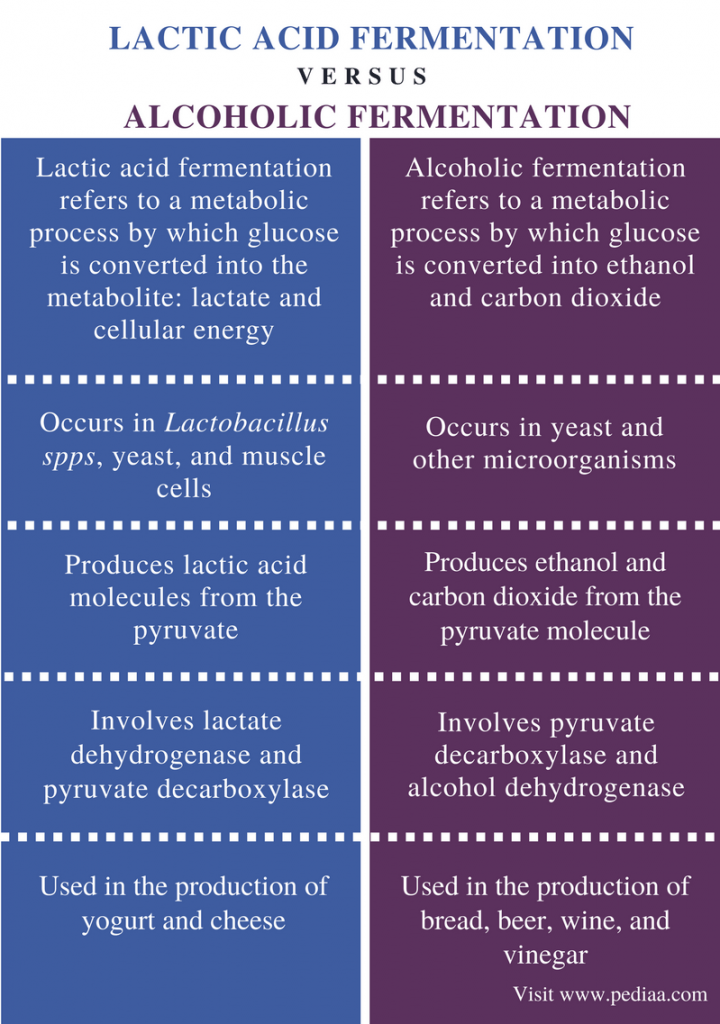 In this rusted structure, there is an inversion of roles: it is no longer the parents who take care of the child, but the child begins to take care of them. Both parents in this situation are deeply ill: one is dependent, the other is co-dependent, and it is difficult to say which of them contributes more to the process.
In this rusted structure, there is an inversion of roles: it is no longer the parents who take care of the child, but the child begins to take care of them. Both parents in this situation are deeply ill: one is dependent, the other is co-dependent, and it is difficult to say which of them contributes more to the process.
Sergey Borzov
Semya family center psychologist
Sergey Borzov
Semya family center psychologist
Maria’s story is about how alcohol corrodes a socially successful family and, like a cancerous tumor, destroys between its members. The role reversal persisted when Maria became an adult. She worries that her father might break loose again and that her mother won't be able to deal with the consequences. Maria did a lot to stabilize the situation - the feeling of a gap between the efforts spent and the result cannot but disturb her, but it leads to a dead end, because the levers of influence do not work. The only way out is to accept your helplessness. You can gently talk to your parents about seeing a specialist, giving them a choice. 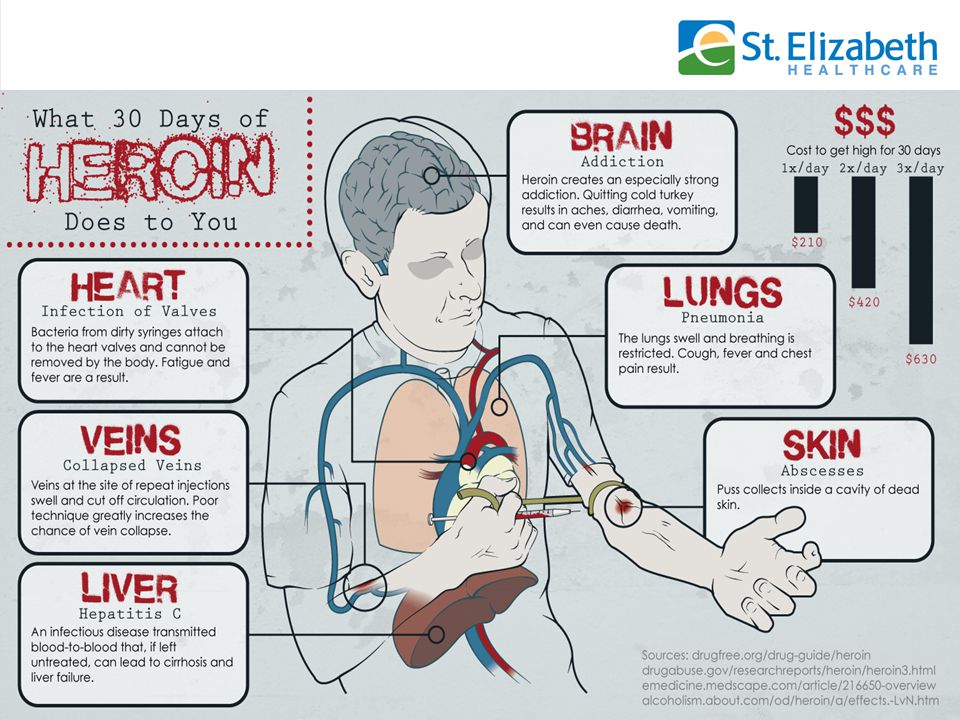 In this rusted structure, there is an inversion of roles: it is no longer the parents who take care of the child, but the child begins to take care of them. Both parents in this situation are deeply ill: one is dependent, the other is co-dependent, and it is difficult to say which of them contributes more to the process.
In this rusted structure, there is an inversion of roles: it is no longer the parents who take care of the child, but the child begins to take care of them. Both parents in this situation are deeply ill: one is dependent, the other is co-dependent, and it is difficult to say which of them contributes more to the process.
What if you recognize yourself in history?
advice from psychologists for adult children of alcoholics
Remember that you are not to blame for the alcoholism of your parents.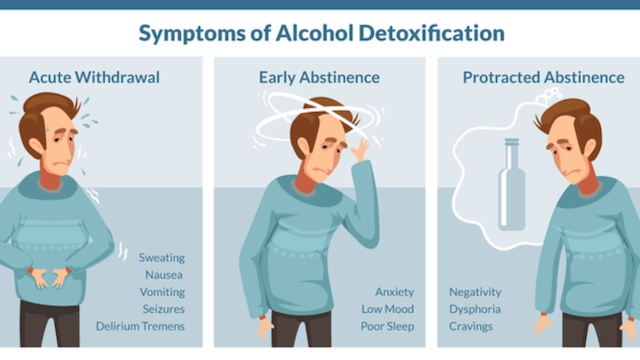 You are also not responsible for their emotions and behavior. And this is not because you are weak - only specialists can control the course and consequences of the disease.
You are also not responsible for their emotions and behavior. And this is not because you are weak - only specialists can control the course and consequences of the disease.
Your childhood was difficult, but now you decide what will happen next.
Many children of alcoholics have low self-esteem. The most difficult thing for such a person is to learn to be proud of himself. Each has strengths and weaknesses. Accept yourself with all the mistakes, experiences, achievements. Every day mark the reasons to be proud of yourself, take responsibility for your success, do not give it to "favorable circumstances." In case of failure, try to get out of the situation "with a cool head", muffled emotions, and use the opportunity that has arisen to do things in a new way.
Don't be afraid to say "no" when you feel that others' requests cause you rejection and resistance.
Learn to gradually open up to others in order to overcome feelings of alienation and shame.
Know how to be in the present, and not rely on past suffering as a crutch.
Accept all your feelings, even negative ones. It is important to be able to express them in a healthy way, without harming yourself or others. If you are angry, try hitting a sports bag, shout in an open field or forest, play darts, or write a letter to the offender, and then destroy him.
Don't fight with your parents, it's pointless. They are not perfect - they are just people who can be caring or not, strong or weak. Probably, their life was passed through a meat grinder, and pain, fear and something else were mixed in this stuffing. The most difficult task is to learn to notice love in him.
Just because your parents were alcoholics doesn't mean you need to see a doctor. But if you feel like you need help, don't be afraid to seek professional help. Perhaps, at the beginning of therapy, it will seem to you that remembering events from childhood is too painful, and you will want to quit it. Don't give up trying to deal with the trauma. Few people manage to lose weight the first time, find a partner, or find the perfect job.
